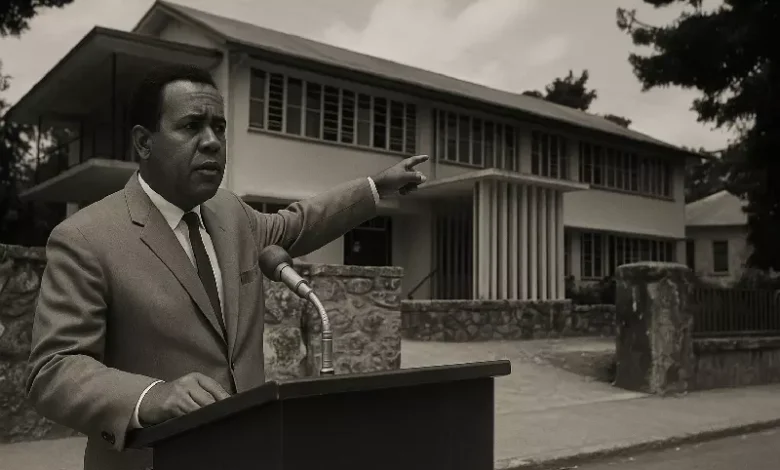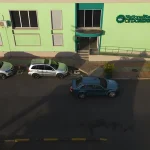Chief Minister of Dominica

The Chief Minister of Dominica was the head of government during the island’s transition from a British colony to greater internal self-governance. This role existed from 1956 to 1967, marking a pivotal period in Dominica’s political evolution. The Chief Minister served as the leader of the majority party in the Legislative Council and was responsible for internal administration, laying the groundwork for Dominica’s eventual independence.
Role and Responsibilities of Dominica’s Chief Minister
The Chief Minister was the principal executive authority under the British colonial system, but ultimate power remained with the British-appointed Governor. Within the constraints of colonial oversight, the Chief Minister’s responsibilities included:
- Managing the internal affairs of Dominica, including education, health, agriculture, and local government.
- Forming and leading the Executive Council, which functioned similarly to a cabinet.
- Advising the Governor on the appointment of ministers and senior civil servants.
- Representing the island’s interests in regional and imperial discussions.
- Advocating for constitutional reform and promoting greater self-governance.
While the Chief Minister had substantial influence over domestic policy, foreign affairs, defence, and constitutional matters remained under British control during this period.
Timeline and Political Context
The position of Chief Minister was created under the 1956 Constitution of Dominica, reflecting the broader trend of decolonisation across the Caribbean. This constitution introduced limited self-rule, giving Dominicans more say in their internal administration.
In 1967, Dominica became an Associated State of the United Kingdom under the West Indies Act 1967. This changed the head of government’s title from Chief Minister to Premier, granting Dominica complete control over its internal affairs, with Britain retaining responsibility only for defence and foreign policy. Full independence came later in 1978, when Dominica became a sovereign nation.
List of Chief Ministers of Dominica
During the time the title existed, Dominica had two individuals serve as Chief Minister:
- Franklin Andrew Merrifield Baron
- Term: 1956–1961
- Political Party: Dominica United People’s Party (DUPP)
- Notable Achievements: Led Dominica through the early stages of internal self-government and was instrumental in constitutional negotiations.
- Edward Oliver LeBlanc
- Term: 1961–1967
- Political Party: Dominica Labour Party (DLP)
- Notable Achievements: Advocated strongly for economic development, social justice, and self-governance; he later became Dominica’s first Premier when the title changed in 1967.
Importance of the Office
The office of Chief Minister was a crucial step toward Dominica’s national sovereignty. It allowed local leaders to gain experience in governance, build administrative institutions, and foster a national political identity. The period saw the growth of organised political parties, the expansion of civil services, and increasing demands for full self-determination.
Leaders like Baron and LeBlanc not only managed internal affairs but also negotiated with British authorities to secure greater autonomy, setting the stage for the next phases of Dominica’s constitutional and political development.
The Chief Minister era remains a formative chapter in Dominica’s history, symbolising the island’s determined move from colonial governance to self-reliance and eventual independence.




